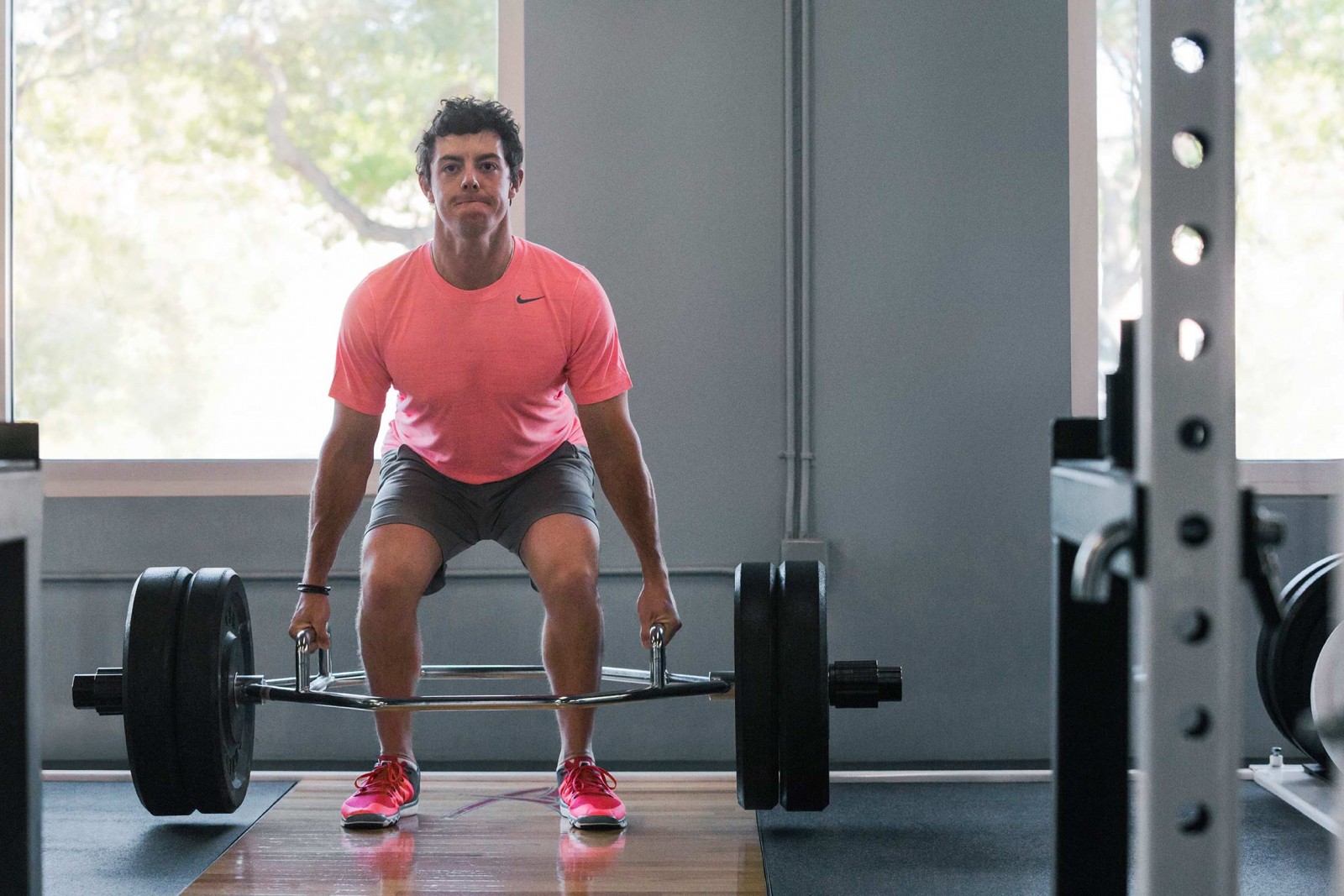[ad_1]
Golf may seem like a leisurely sport, but it demands a high level of physical and mental fitness. Golfers are athletes who train rigorously, and their fitness levels can be comparable to those in other demanding sports.
Affordable Golf conducted a survey that reveals 87% of non golfers think there is NO/little fitness associated with golf. The survey was conducted in May 2024 to 2500 Brits that don’t play golf.
James Telford, a senior sports physician from Affordable Golf, tells us why golfers can be considered as fit as other professional athletes and how playing golf can contribute to a longer, healthier life.
Physical Endurance
Golf requires walking an average of 4-5 miles per 18-hole round, burning up to 1,500 calories. This level of cardiovascular exercise is similar to that experienced by soccer players during a match. Regular walking, combined with carrying or pulling a golf bag, helps maintain cardiovascular health and stamina.
Strength and Flexibility
Golfers need significant muscle strength and flexibility, especially in their core, back, and legs. These physical demands are comparable to those in swimming, where strong cores and flexible bodies are essential for efficient movement. Exercises such as squats, lunges, and rotational swings are integral to golf fitness routines.
Balance and Coordination
The balance and coordination required in golf are akin to those needed in gymnastics. Just like gymnasts, golfers must maintain their balance and execute precise movements to achieve successful swings and putts.
Mental Toughness
Golfers need exceptional mental toughness to stay focused and calm under pressure, similar to the mental demands in tennis. The mental stamina required to maintain concentration over several hours of play is significant and can be compared to the focus needed in high-stress sports like basketball and football
Supporting Evidence
Cardiovascular Health: A study in the British Journal of Sports Medicine found that playing golf can improve cardiovascular health and increase life expectancy due to the aerobic exercise involved.
Muscle Conditioning: Research from the American Council on Exercise (ACE) highlights how golf-specific exercises help in conditioning muscles used in the sport, similar to exercises in weight training.
Mental Acuity: According to a study in the Journal of Sport Psychology, the mental challenges faced by golfers are comparable to those faced by athletes in high-stress sports.

How Golf Can Extend Your Life
Playing golf is not only beneficial for fitness but also for longevity. Here’s how golf can help extend your life:
Regular Physical Activity: Golf involves walking, swinging, and carrying equipment, which promotes cardiovascular health, muscle strength, and flexibility. These physical activities reduce the risk of chronic diseases such as heart disease, diabetes, and obesity.
Mental Well-being: Golf is known for its mental health benefits. It reduces stress and anxiety, improves mood, and promotes mental clarity. The concentration and strategic thinking required during a game enhance cognitive functions and can delay the onset of cognitive decline.
Social Interaction: Golf is a social sport that encourages interaction and community building. Socialising during golf can improve mental health, reduce feelings of loneliness, and provide emotional support.
Exposure to Nature: Spending time outdoors on golf courses exposes players to nature, which has been linked to improved mental health and well-being. The serene environment of golf courses helps in reducing stress and promoting relaxation.
Life Expectancy: Studies have shown that golfers have a lower mortality rate compared to non-golfers. A Swedish study found that golfers have a 40% lower death rate, which corresponds to a five-year increase in life expectancy.
James Telford, a senior sports physician from Affordable Golf says
The hidden fitness aspects of golf reveal that golfers are indeed highly trained athletes. Their routines encompass cardiovascular endurance, muscle strength, flexibility, balance, and mental toughness, placing them on par with athletes from more overtly strenuous sports. Additionally, the physical, mental, and social benefits of playing golf contribute to a longer and healthier life.
[ad_2]



